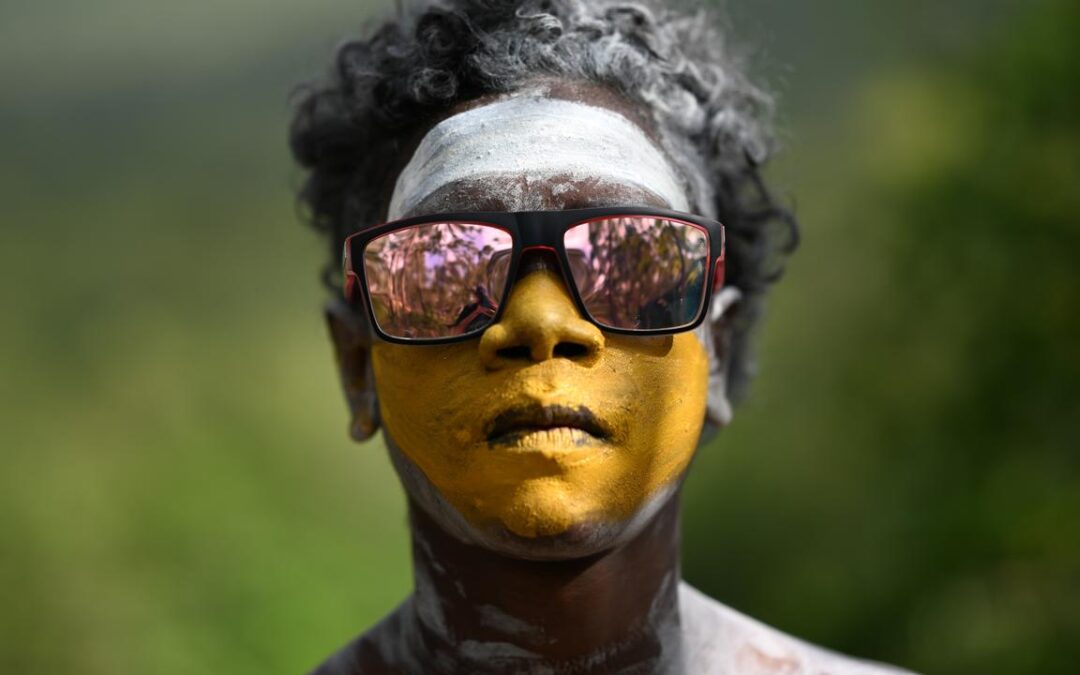
Spotlight on youth as sun sets on Garma Festival start
The Northern Territory’s controversial youth crime laws are in the spotlight at a major Indigenous cultural festival.
Engagement with Aboriginal and Torres Strait Islander people was a hot topic at the annual Garma Festival on Friday during a panel with Northern Territory Aboriginal Affairs Minister Steve Edgington and Opposition Leader Selena Uibo.
Ms Uibo accused the government of cutting Aboriginal people out of the conversation.
The move would lead to bad policy, she said, pointing to changes to youth justice legislation which passed in the Territory this week.
The changes included the reinstatement of spit hoods and the removal of detention as a last resort.
“We are starting to see a government go down a dangerous path of disengagement with the very people they are making laws for in the Northern Territory and cut them out of the conversation,” Ms Uibo said.
Asked if the government had consulted with land councils or other Aboriginal groups in the lead up to changes to youth justice laws, Mr Edgington said he did not have the information in front of him.
But he said the corrections minister had gone out to speak to “different people” about the issue.
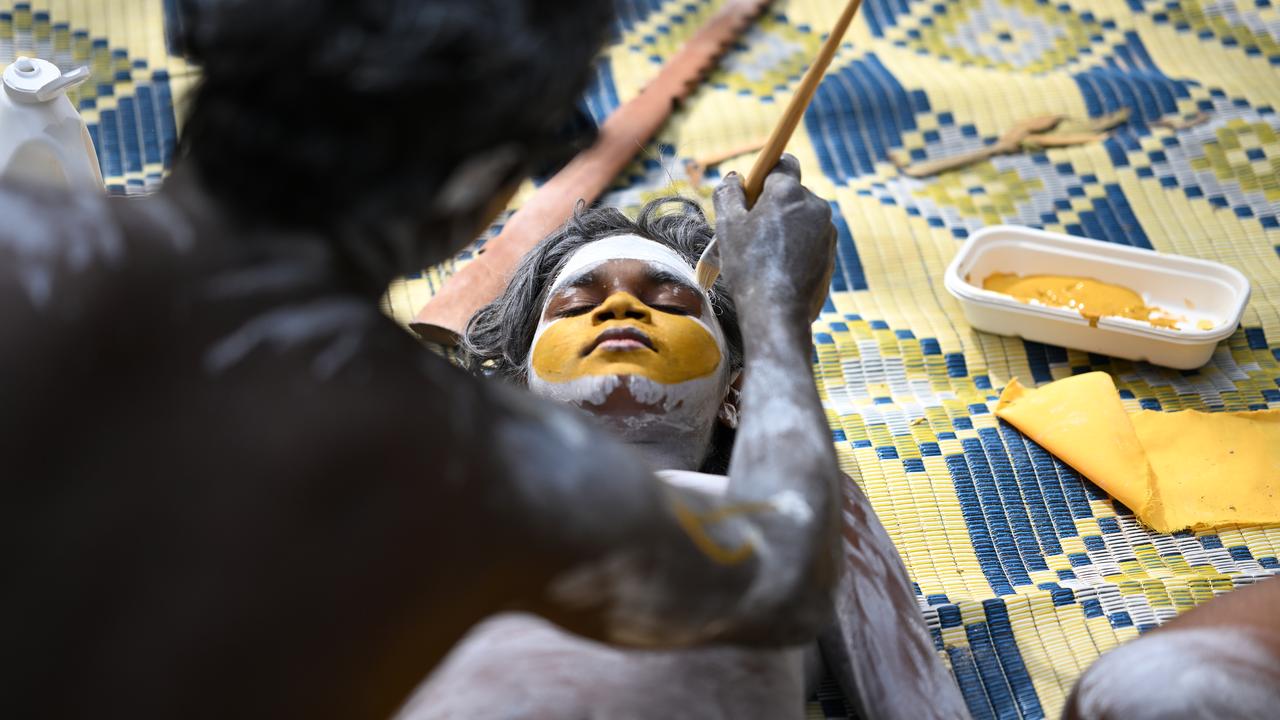
Mr Edgington said the government was focused on tackling the “root causes” of crime, pointing to the issue of housing.
He said the focus was on “changing the landscape” when it came to remote communities.
“People living in remote areas feel like they’ve lost control of their communities,” he said.
“People want to take control of their communities. That’s what I’m hearing.”
Young people have been a significant focus on the first day of Garma, which marks 25 years in 2025.
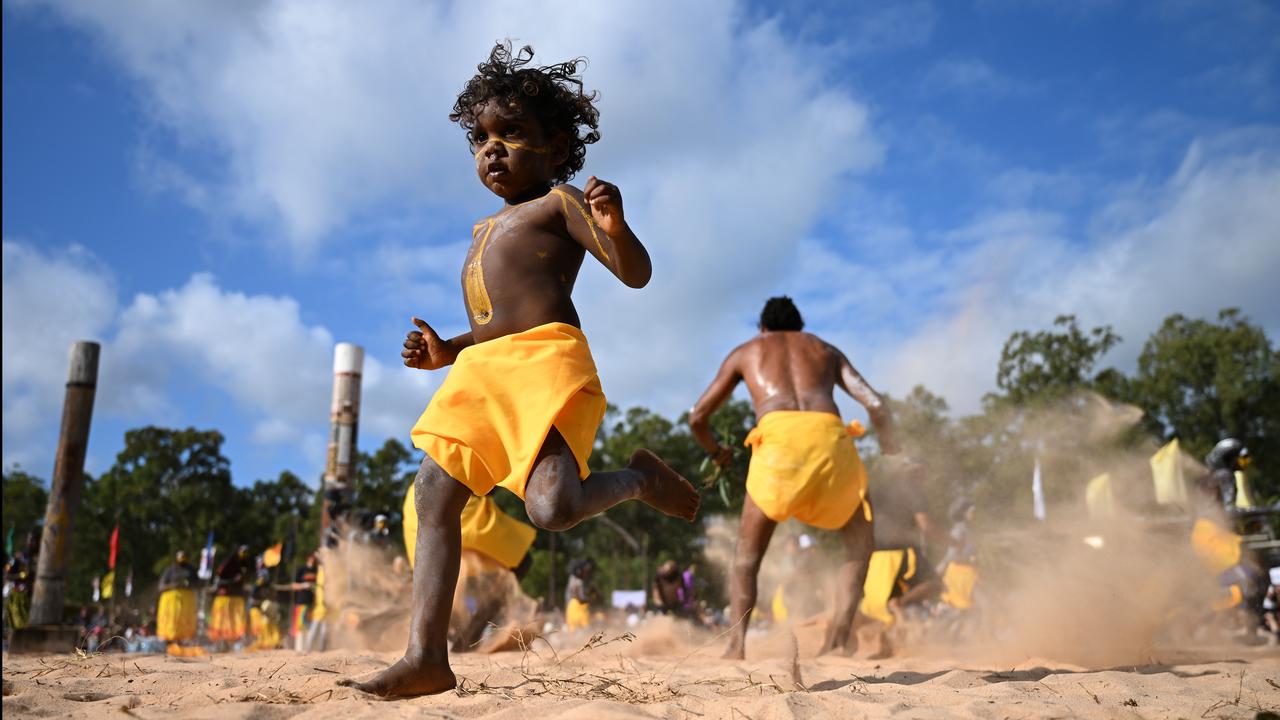
School students and educators presented their achievements, speaking about the importance of learning on-Country and in a system which values Yolngu and Western knowledge.
Gumatj Corporation operations manager Michael Yunupingu, the grandson of the late Gumatj leader Galarrwuy Yunupingu, outlined his aims for Yolngu people in his opening address.
“My vision is to see a place that provides all-round support for Yolngu, in employment, education, health and wellbeing, and cultural laws,” Mr Yunupingu said.
As the sun set on the Garma festival’s opening day, it was the children who stole the show at the nightly bunggul (ceremonial dance).
The importance of passing down cultural knowledge was on full display as the smallest dancers kept pace with the adults on the sand that makes up the bunggul grounds, in front of crowds gathered for the festival.
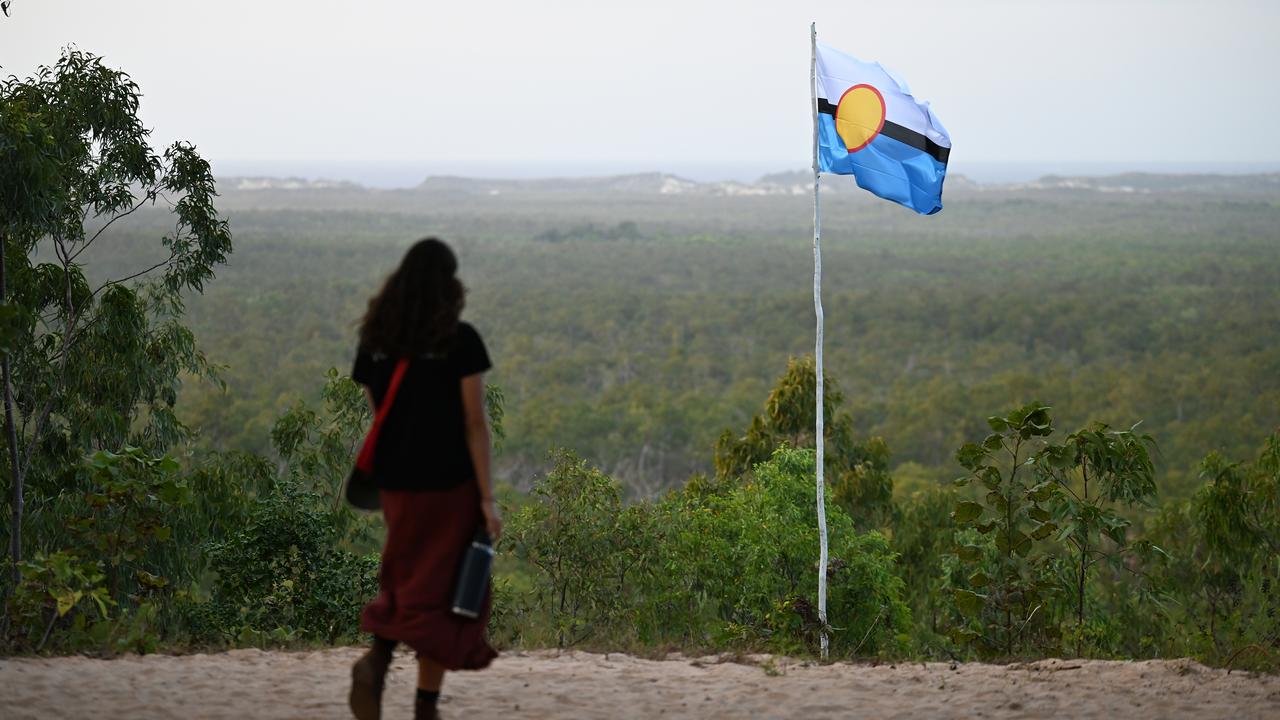
Garma’s 2025 theme, “rom ga waŋa wataŋu”, or “the law of the land, standing firm”, pays homage to those who started the event.
Yothu Yindi Foundation chief executive Denise Bowden said the 2025 Garma theme also reflected the Yolngu fight for empowerment and land rights.
“This year is a real acknowledgement and a proper nod to the Yunupingu brothers who had some pretty large ideas for the Garma Festival,” she told AAP.
“Many of us had some catching up to do when we realised what they had created because now it’s a nationally iconic event attracting 3500 people each year to a very remote location.”
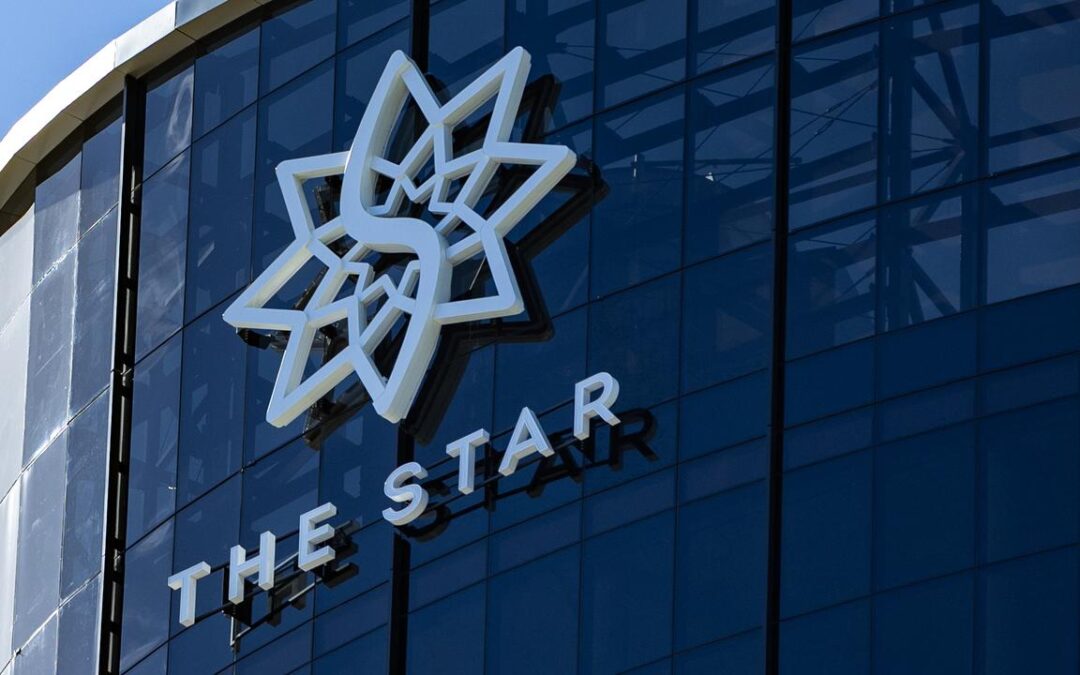
Fading Star: casino group loses shine with record fall
Shares in Star Entertainment Group have plunged after negotiations collapsed on the sale of its stake in a major project.
The embattled casino operator had since March been planning to sell its 50 per cent interest in the Queen’s Wharf Brisbane hotel-casino hub to Chow Tai Fook and Far East Consortium.
But Star confirmed its Hong Kong partners, who each hold a quarter-stake in the $3.6 billion riverfront mega-project, had walked away from the $53 million sale by Friday’s deadline.
Star offered to extend their negotiating framework for another week but the duo rejected the proposal and walked away after the parties were unable to reach a final agreement on a number of commercial issues.
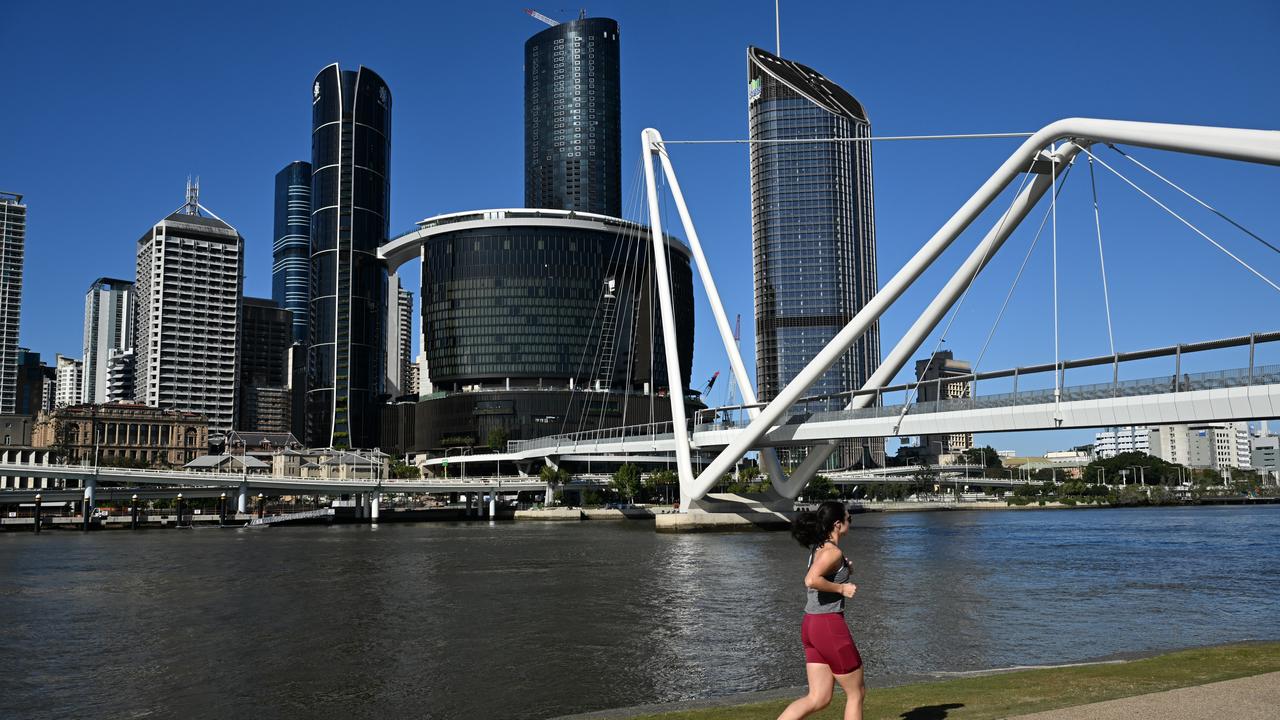
That means Star has until next Wednesday to repay Chow Tai Fook and Far East Consortium a $10 million advance on the sale it received in March and until September 5 to repay another $31 million.
Star had $234 million in available cash as of June 30, but in the June quarter it burnt through nearly $25 million a month in operations.
The company could be required to sink more money into the Queen’s Wharf development – beyond the $200 million it is estimated to be on the hook for – once the project’s debt facility expires in December.
The cost of the 12-hectare development has blown out and rapidly become a financial albatross.
Star could lose even more money once stricter limits on wagering with cash come into effect at its Sydney casino later in August.
The limit will fall from $5000 to $1000 on August 19 unless NSW regulators agree to a delay.
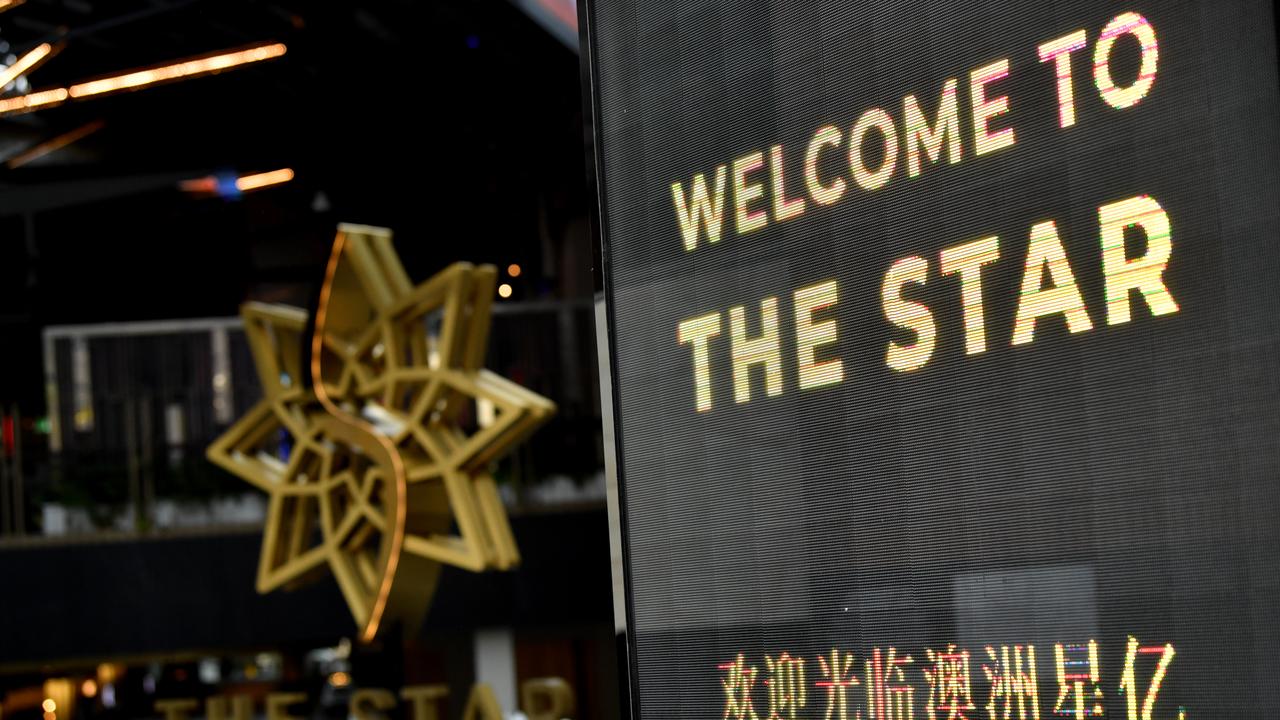
Financial crimes watchdog AUSTRAC is also seeking a $400 million penalty against Star for letting VIPs launder dirty money at its casinos.
Star says a fine of that magnitude would send it into insolvency.
A spokeswoman for Queensland Attorney-General Deb Frecklington said the Crisafulli government’s focus remained on Star workers as the company navigated its commercial negotiations.
Star shares on Friday dropped 16.4 per cent to close at 9.2 cents and had reached an intraday nadir of 9.1 cents.
As recently as 2022, Star shares had traded as high as $3.25.
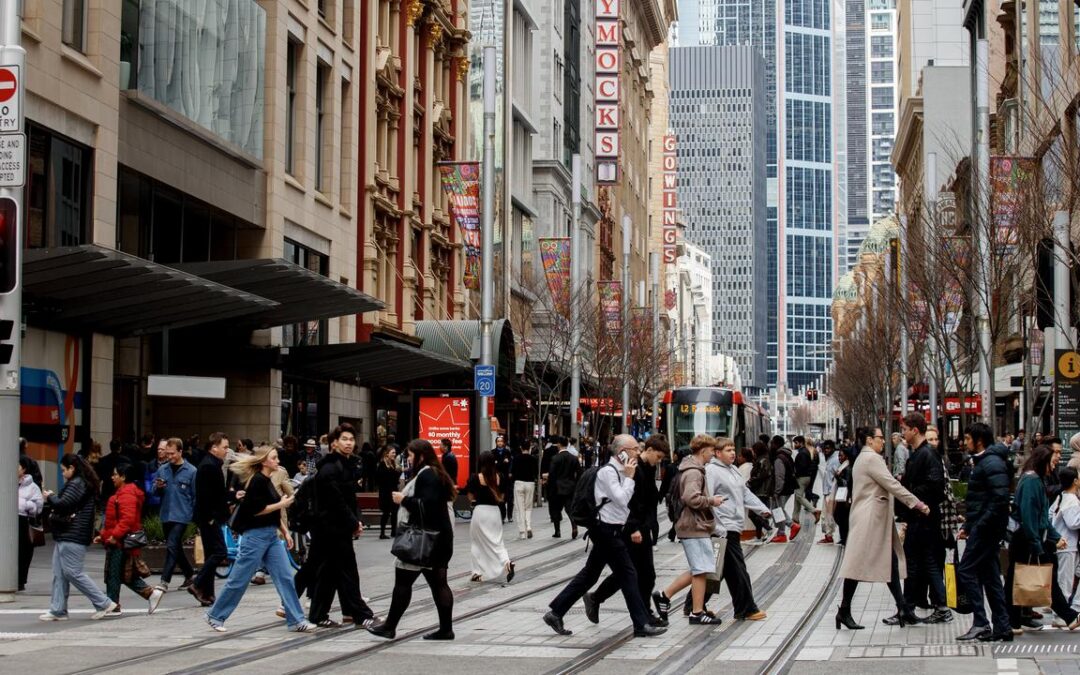
Business lobby rejects proposed company tax overhaul
Commerce groups have dismissed calls by the Productivity Commission for a new tax that would be offset by a cut in the rate paid by small business.
A report by the commission proposes cutting the income tax rate to 20 per cent for firms earning less than $1 billion while introducing a five per cent tax on cashflow, which it says would reap $14 billion without worsening budget sustainability.
The new tax would allow for immediate investment deductions and the reforms would help lift floundering labour productivity by 0.4 per cent, it said.
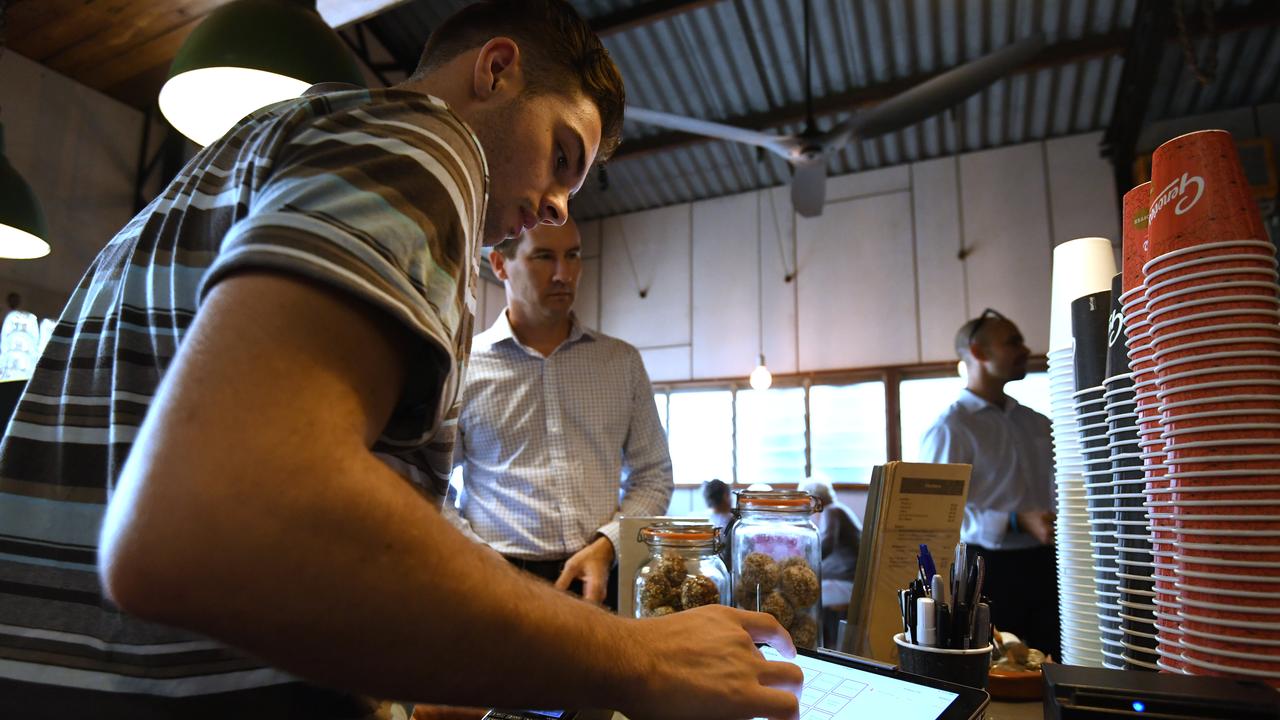
Declining business investment has caused productivity growth to fall to less than a quarter of its 60-year average over the past decade, the commission’s deputy chair Alex Robson said.
“If we don’t get our economy moving again, today’s children could be the first generation to not be better off than their parents,” he said.
“We need to spark growth through investment and competition – the best way to do that is to reform our company tax system.”
Business Council of Australia chief executive Bran Black said the proposal would not alleviate productivity issues.
“You don’t fix Australia’s lagging productivity and investment by taxing businesses more and making Australia less competitive,” he said.
“This approach punishes some of our most productive companies and industries and will cost Australia investment and jobs.”
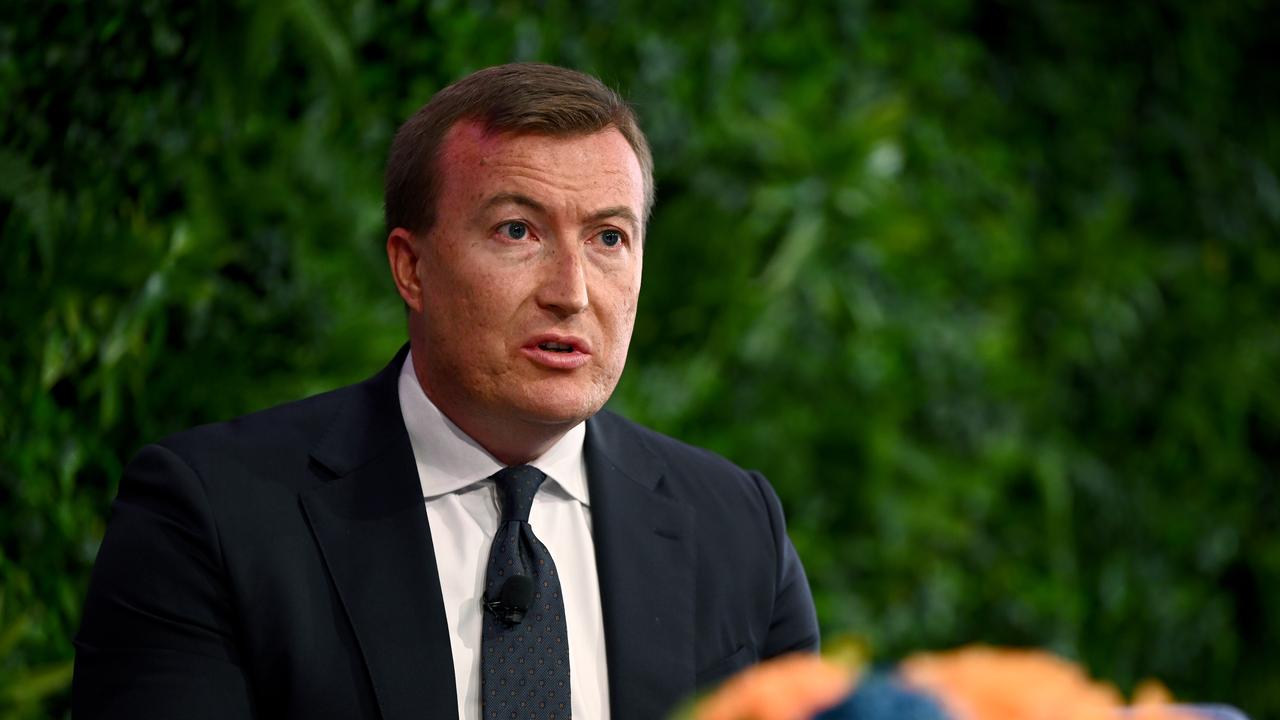
Australian Chamber of Commerce and Industry chief executive Andrew McKellar said while reducing taxes for small business was welcome, bigger companies should not have to bear the brunt.
“This proposal creates winners and losers and any net impact on productivity and competitiveness will be diminished as a result,” he said.
“While the idea of a net cashflow tax is worth considering, it has yet to be applied in practice and would result in a more complicated multi-layered business tax system.”
Businesses with annual revenue below $50 million pay a 25 per cent corporate tax rate while larger firms pay the full 30 per cent tax rate.
Under the commission’s proposal, businesses with more than $1 billion in revenue would continue to be taxed at 30 per cent.
The proposed net cashflow tax of five per cent would allow companies to instantly depreciate the full value of investments, incentivising companies to invest more in boosting their productivity.
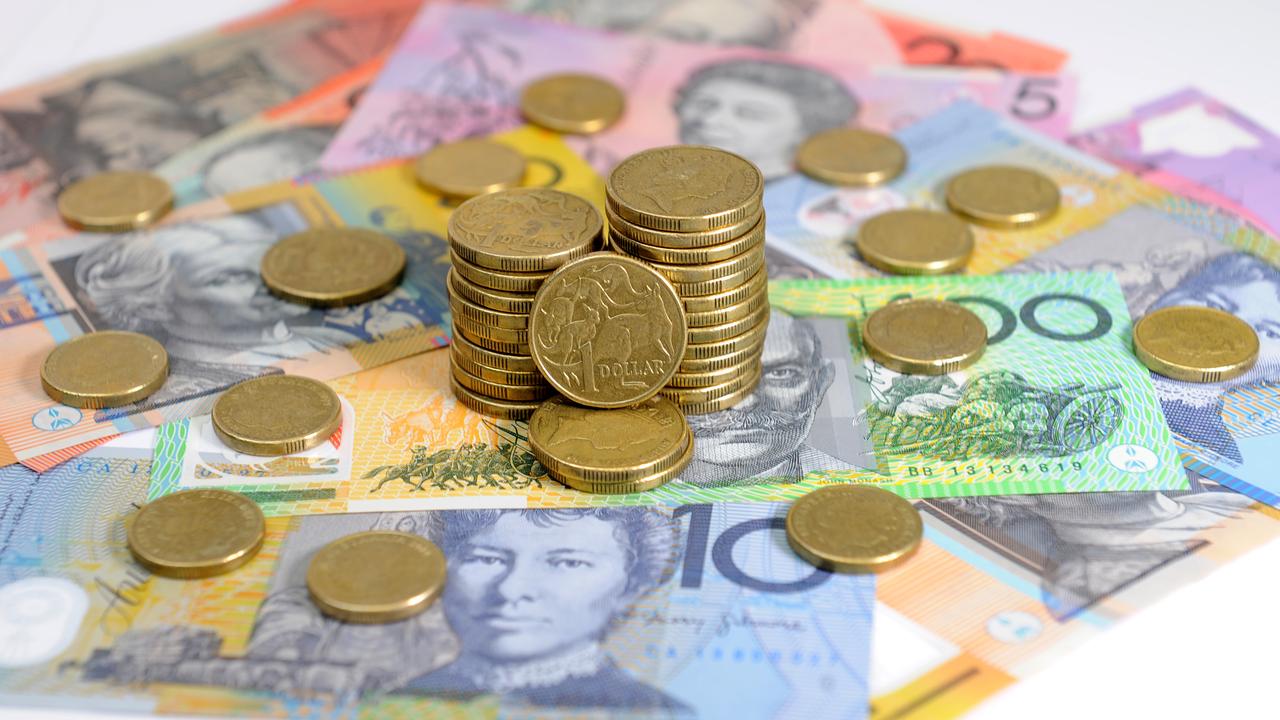
The commission said it could be expanded over time if successful.
Council of Small Business Organisations Australia chair Matthew Addison welcomed the proposed cut to company tax rates.
“Small businesses are the engine room of our economy – they must be front and centre in the tax reform debate,” he said.
“This is the kind of reform that boosts confidence, investment and growth access across the small business sector.”
Treasurer Jim Chalmers has released a schedule for his economic roundtable, which kicks off on August 19.
Day one of the three-day summit will open with addresses by Dr Chalmers, Prime Minister Anthony Albanese and Reserve Bank governor Michele Bullock.
Productivity Commission chair Danielle Wood, Treasury secretary Jenny Wilkinson and Grattan Institute chief executive Aruna Sathanapally will also present to the roundtable.
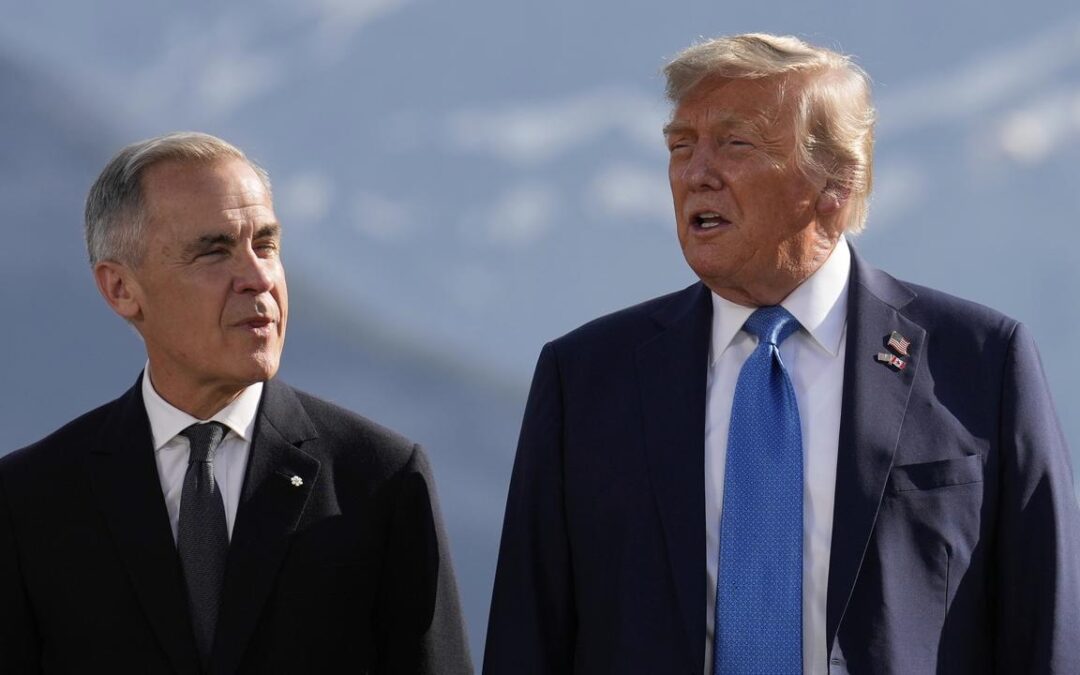
Trump hikes tariff on Canada to 35pc, citing fentanyl
President Donald Trump has raised the tariff rate on US imports from Canada to 35 per cent from 25 per cent, effective on Friday.
The announcement from the White House late Thursday said Canada had failed to “do more to arrest, seize, detain or otherwise intercept … traffickers, criminals at large, and illicit drugs”.
Trump has heckled Canada for months and suggested it should become its 51st US state.
He had threatened to impose the higher tariff on Canada if no deal was reached by Friday, his deadline for reaching trade agreements with dozens of countries.
Earlier on Thursday, the president said Canada’s announcement it would recognise a Palestinian state would “make it very hard” for the United States to reach a trade agreement with its northern neighbour.
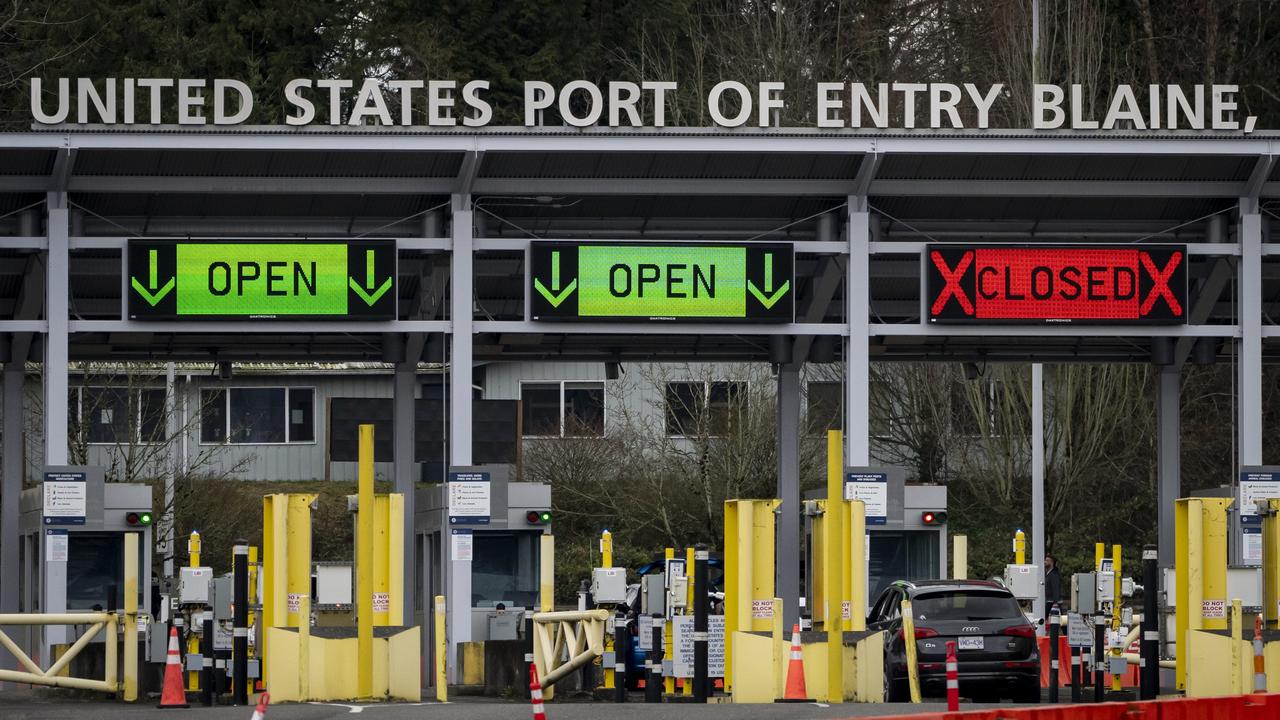
Trump has also expressed frustration with a trade deficit with Canada that largely reflects oil purchases by America.
Prime Minister Mark Carney had tempered expectations over tariffs, saying Ottawa would only agree to a deal “if there’s one on the table that is in the best interests of Canadians”.
In a statement released early on Friday, he said he was disappointed by Trump’s actions and vowed to diversify Canada’s exports.
“Canada accounts for only one per cent of US fentanyl imports and has been working intensively to further reduce these volumes,” he said, pointing to heavy investments in border security.
Carney added that some industries – including timber, steel, aluminium and motor vehicles – would be harder hit, but said his government would try to minimise the impact and protect Canadian jobs.
Canada was not included in Trump’s updated list of tariff rates on other countries announced late on Thursday.
Those import duties are due to take effect on August 7.
Trump sent a letter to Canada a few weeks ago warning he planned to raise duties on many goods imported from Canada to 35 per cent, deepening the rift between the two North American countries that has undermined their decades-old alliance.
Some imports from Canada are still protected by the 2020 United States-Mexico-Canada Agreement, or USMCA, which is up for renegotiation in 2026.
The White House’s statement said goods trans-shipped through Canada that were not covered by the USMCA would be subject to a 40 per cent tariff rate.

BHP, Vale accused of ‘cheating’ UK law firm out of fees
BHP and Vale face a London lawsuit from the law firm representing hundreds of thousands of people over Brazil’s worst environmental disaster, alleging the companies sought to cheat the firm out of legal fees by procuring settlements.
Anglo-Australian mining giant BHP said it rejected the allegations “in their entirety” and would contest them. Brazil-headquartered multinational Vale declined to comment.
Pogust Goodhead, which represents the claimants in an ongoing case against BHP over the 2015 collapse of the Fundao dam in Mariana, southeastern Brazil, says it will seek Stg1.3 billion ($A2.7 billion) for unpaid fees.
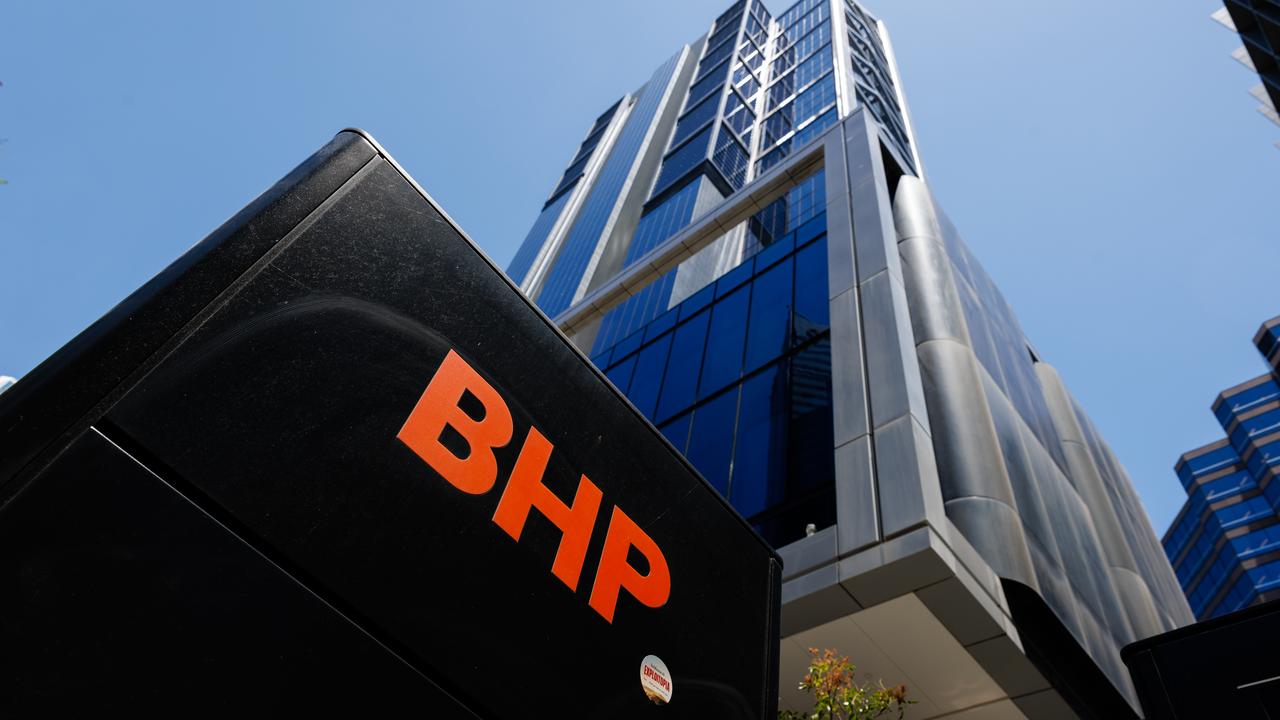
The firm was representing more than 600,000 Brazilians in the case at London’s High Court.
A June presentation by BHP and Vale’s Samarco joint venture – which owned and operated the dam – said about 130,000 people had settled.
In a legal letter sent on Pogust Goodhead’s behalf, lawyers representing the firm allege BHP, Vale and Samarco pressured claimants to “settle their claims at far below their true value”.
Pogust Goodhead also alleges that a 170 billion-reais ($A47 billion) compensation agreement that Brazil signed with BHP, Vale and Samarco in October 2024 prevented claimants discussing the deal with the firm or paying its legal fees.
The firm says it has also incurred an extra $US1 billion ($A1.6 billion) in borrowing costs to finance the English case over the dam’s collapse.
“We reject Pogust Goodhead’s claims and allegations in their entirety and dispute their factual and legal basis,” a BHP spokesperson said in a statement.
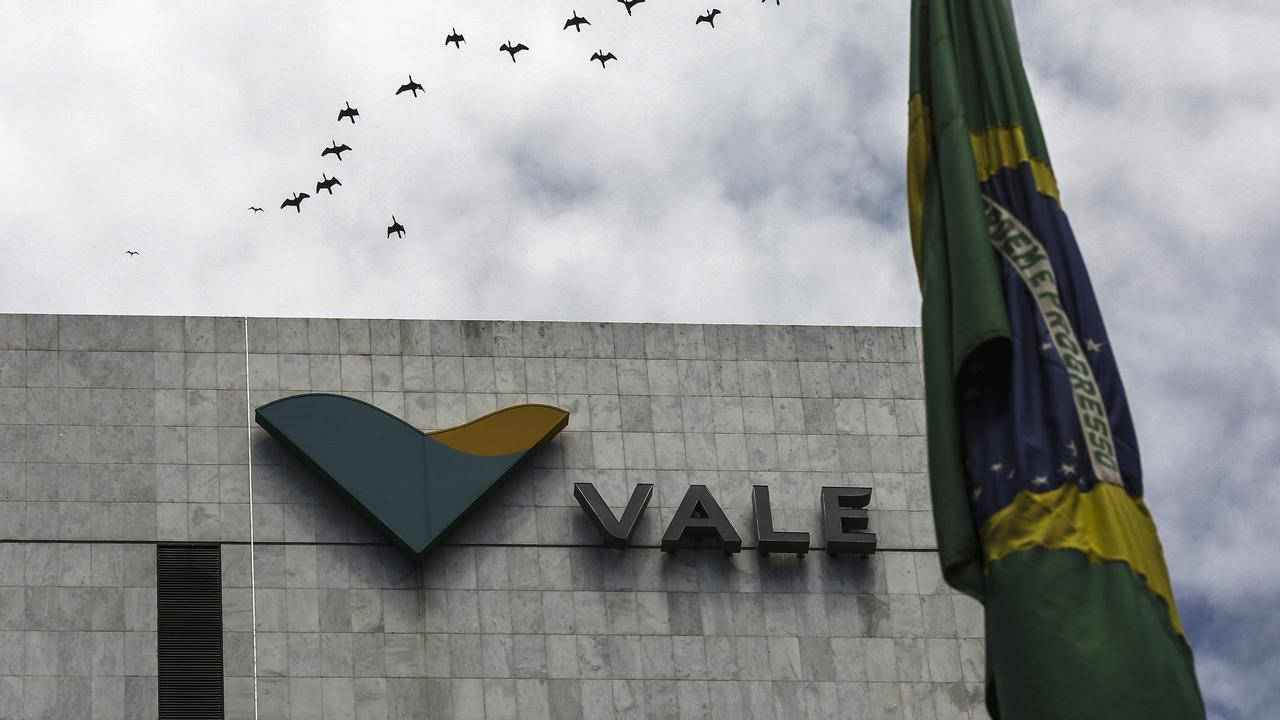
“These allegations and threatened claims are entirely without merit and BHP rejects and will vigorously contest them.”
The BHP spokesperson pointed to 2024’s compensation deal, saying: “We continue to believe Brazil is the most appropriate, effective, and efficient place for compensation for the Fundao dam failure from Samarco to be delivered.”
Pogust Goodhead’s threat of legal action – in a so-called “letter before action” that is required as part of the process – is the latest development in the litigation, after the High Court in June ruled BHP should face a full contempt of court hearing for funding parallel litigation in Brazil.
BHP, meanwhile, still awaits judgment following a trial of the underlying lawsuit over the dam collapse, in which Pogust Goodhead said it was seeking damages of up to Stg36 billion.
When the dam burst in 2015, it unleashed a wave of toxic sludge that killed 19 people, left thousands homeless, flooded forests and polluted the length of the Doce River.
The trial began in October and finished in March.
BHP denies liability and says the case duplicates legal proceedings and reparation and repair programs in Brazil.
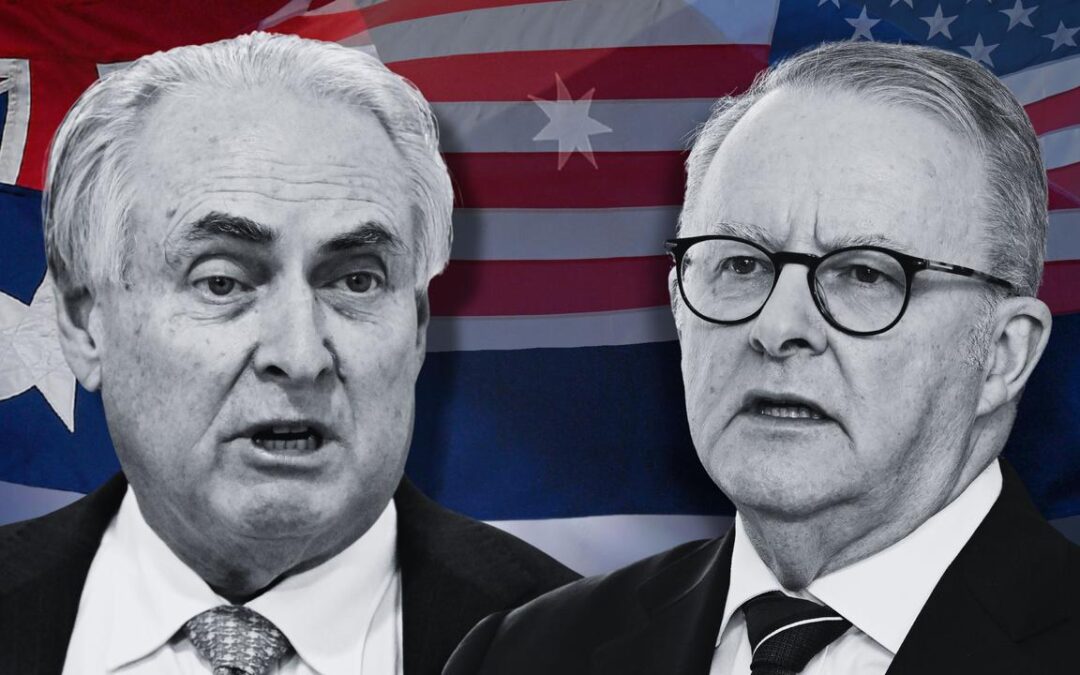
Australia to argue for tariff removal after US reprieve
Australia will still press the case for removing all US tariffs, the trade minister says after being spared an increase by Donald Trump.
Tariffs on most Australian exports will remain at a baseline 10 per cent rate despite the US hiking levies on other nations.
Trade Minister Don Farrell said the US president had resisted calls from some within his ranks to increase Australia’s rate to 15 or 20 per cent.
“We don’t want to leave the issue here,” he told reporters in Adelaide on Friday, adding the US should remove all tariffs on Australian products in accordance with the free trade agreement.
“This is a vindication of our cool and calm negotiations with our trading partners. At no stage did we introduce tariffs on American goods.”
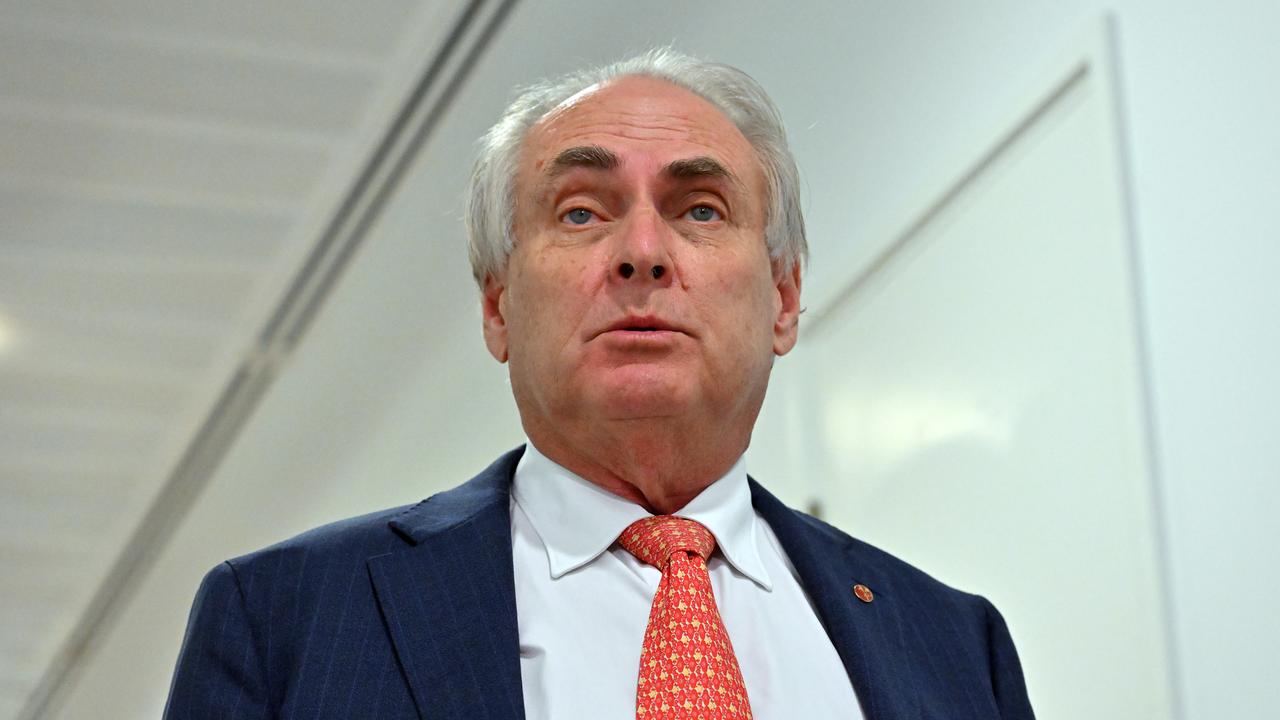
The trade minister indicated he had invited his US counterpart Howard Lutnick to Australia to continue trade talks.
No US trading partner has managed to totally dodge the tariffs, and the 10 per cent rate is the lowest most can hope for.
The Trump administration released details of country-specific tariff rates for dozens of nations, hours before passing its self-imposed August 1 deadline.
New Zealand goods will be subject to a greater 15 per cent tariff, as will exports from Fiji and Papua New Guinea.
More punitive rates have been imposed on products from several major US trading partners including Canada and India, with the new tariffs due to come into effect on August 7.
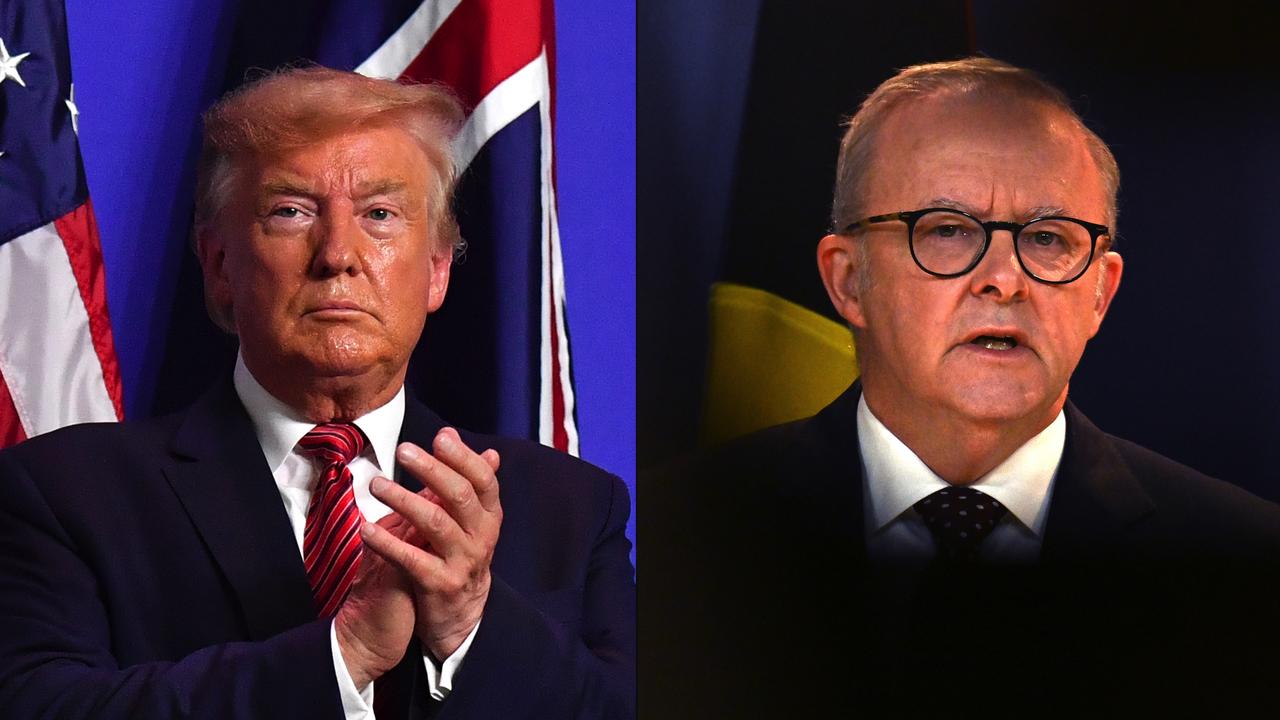
Opposition trade spokesman Kevin Hogan said Prime Minister Anthony Albanese still needed to hold one-on-one talks with the US president to secure a better deal and push for the removal of steel and aluminium tariffs.
“We need our prime minister to prioritise the relationship with the US president, not just for economic purposes, but also for national security purposes,” he said.
“It doesn’t vindicate the Albanese government. (The tariff rate) is based on a formula in the sense that the US have a trade surplus with us.”
The government had dodged a bullet but needed to taker a stronger stance against a “dangerous, erratic regime in Washington”, Greens senator David Shoebridge said.
“We really need to ensure that our government is not being cowed and bullied and silenced in our behaviour as an international player … because we’re fearful of the next sporadic move by Donald Trump,” he told reporters.
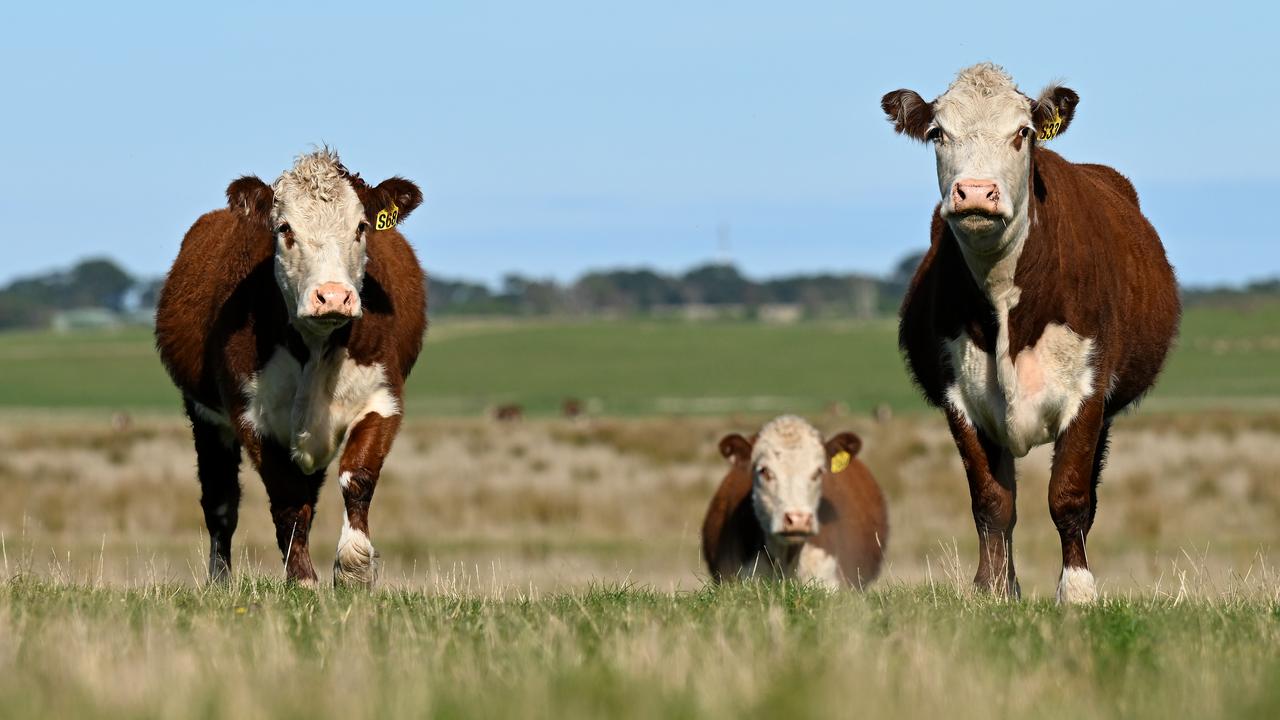
In a statement, the White House said tariffs were increased on nations that failed to engage in negotiations with the US or take adequate steps to “align sufficiently on economic and national security matters”.
The Albanese government recently wound back biosecurity restrictions on US beef imports, although ministers insist the move was a coincidence and not in response to the tariffs.
The US had complained to Australia about non-tariff trade barriers including longstanding restrictions on beef following a prior outbreak of mad cow disease, and their removal was hailed by Mr Trump as a victory.

Global demand helps push ResMed shares to record high
ResMed shares have reached a record high after the medical device-maker posted another solid quarter of earnings growth.
The company on Friday said it made $US1.35 billion ($2.09 billion) in revenue in the three months to June 30, up 10 per cent from $US1.2 billion ($1.9 billion) from the same time in 2024.
It posted a gross profit of $US820 million ($1.27billion), up from $715 million ($1.1 billion) a year ago, amid strong global demand for its sleep and breathing devices.
“The company delivered a good result with revenue, gross profit, income from operations and net income exceeding consensus expectations,” RBC Capital Markets analyst Craig Wong-Pan said.
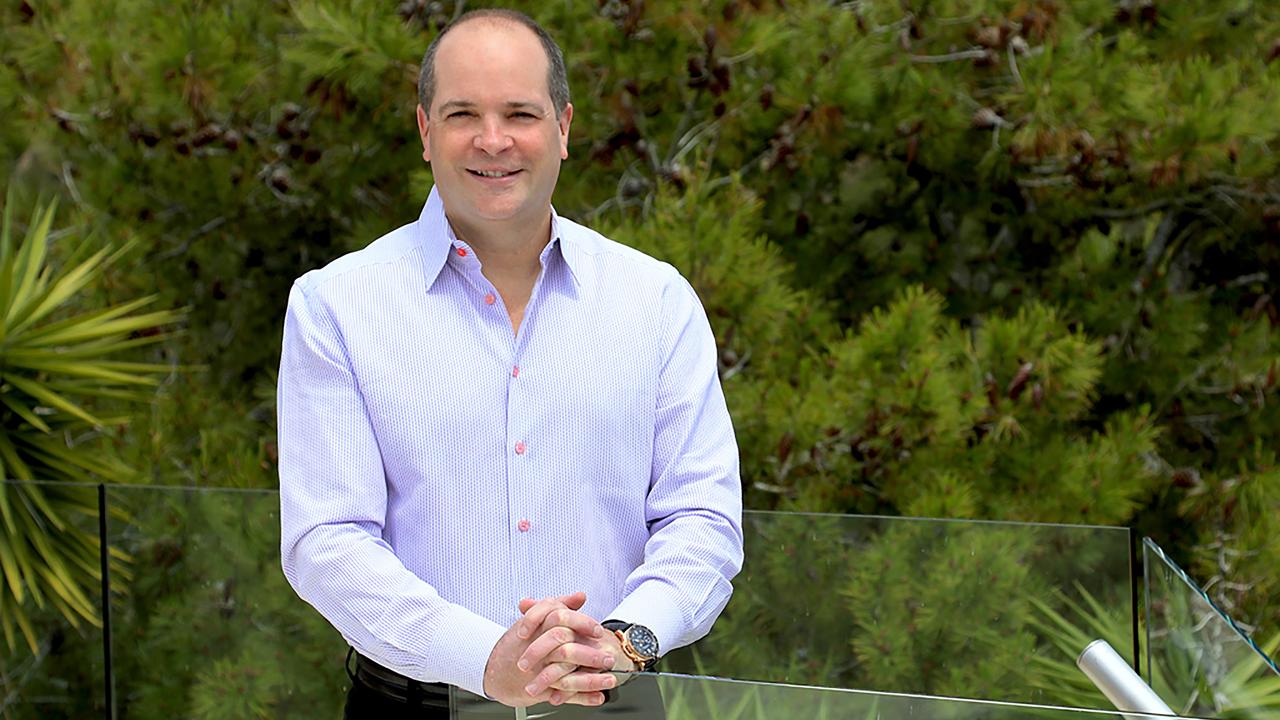
Late Friday afternoon, ResMed shares were up 1.6 per cent to $43.12, and earlier in the day had hit an all-time high of $44.12.
ResMed shares are up 17.4 per cent so far in 2025 and rose 44.5 per cent in 2024.
Chief executive Mick Farrell told AAP it was a good performance across the board for both ResMed’s CPAP machines and its face masks, which are used by patients suffering from sleep apnoea.
An Australian who lives in ResMed’s corporate headquarters of San Diego, Mr Farrell was in Sydney this week, partly to see the British and Irish Lions play the Wallabies in Sydney on Saturday.
ResMed is the “sleep health sponsor” of the tour, and Mr Farrell said former top players have been recording social media videos about the importance of good sleep health.
One of the coaches even uses a ResMed device and credits it with saving his job, marriage and life, Mr Farrell said.
“So you have stories like that that say, OK, ResMed, is becoming a household name, and therefore, with that brand awareness, we can help people find the path to screening, diagnosis, prescription and therapy for life,” he said.
Ten million people were now using ResMed’s “myAir” app, which worked as a sleep coach for sleep apnoea patients, he said.
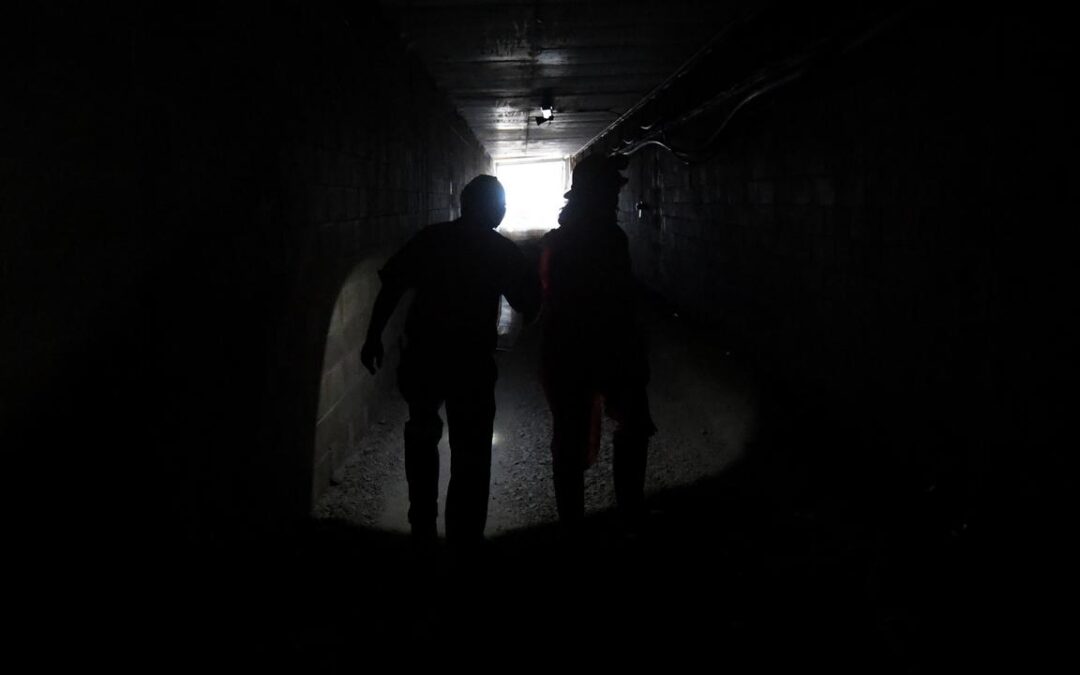
Smelter owners urged to put more on the table
Mining giant Glencore is being pressured to step up and save an ailing smelter as the federal government says it has not ruled out a lifeline to save thousands of jobs.
Glencore has warned staff it would put its Mt Isa copper smelter and Townsville refinery into care in far north Queensland unless it received government assistance to keep operating.
Industry Minister Tim Ayres confirmed the federal government is not ruling anything out in potential lifelines to keep the smelter afloat.
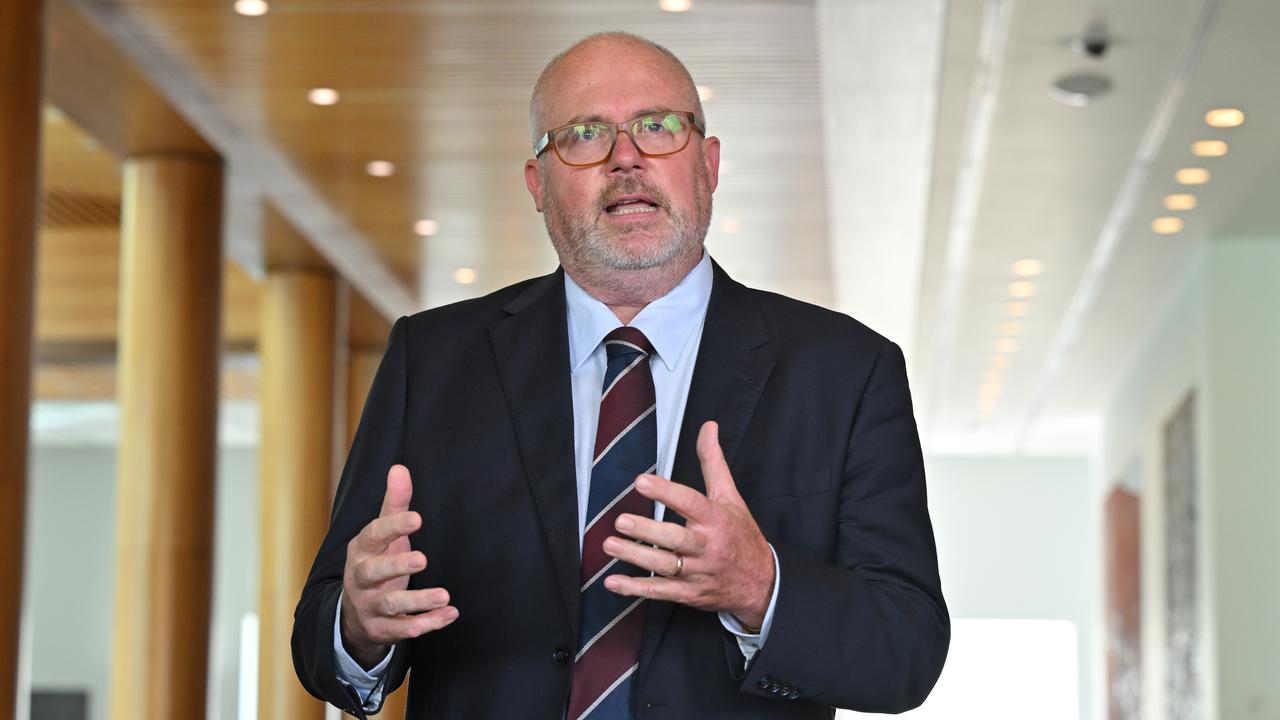
“We want to make sure that Glencore is making a contribution and investing in the future of this facility,” he told ABC Radio on Friday.
“We are absolutely at the table, absolutely engaged to understand what is the best future, sustainable, competitive business that can drive jobs and investment in north Queensland.”
However, it seemed the ball remained firmly in Glencore’s court after Prime Minister Anthony Albanese accused the mining giant of failing to come to the table despite federal and state governments working on a solution.
“Let’s be clear about Glencore, though. It is a highly profitable company. Just this year, they paid $2.2 billion in dividends to their shareholders,” he told parliament on Thursday.
“Australia has been good to Glencore. It’s about time Glencore is good back to Australia.
“They should back the town that has backed them. That has helped build the wealth of their shareholders.”
Queensland Deputy Premier Jarrod Bleijie backed the prime minister’s call to action for the mining giant to contribute more to saving the 17,000 jobs in the state’s far north.
“Glencore is not short of $1, I can assure you of that,” he told reporters.
“We’re asking Glencore to put more on the table, we have put a reasonable offer on the table.”
The Swiss company closed its underground copper mine at Mt Isa this week, costing almost 500 direct jobs.
But there are fears the smelter and refinery could close as soon as September, with Glencore predicting a $2.2 billion loss over the next seven years.
Glencore said it needs to know as soon as possible if there will be a state and federal government deal to financially support the business.
“We really need to know in the next couple of weeks whether there is going to be enough support on the table to allow us to continue to operate,” Glencore’s head of corporate affairs Cassandra McCarthy told ABC on Thursday.
A delegation, including Katter’s Australian Party and Townsville Enterprise, went to Canberra on Thursday to lobby the federal government to support the smelter.
A Glencore smelter employee was among those calling for support for the business that has long propped up the regional community.
“This is not about a company, it’s not about politics, this is about saving a community, it’s about saving rural and remote Australia,” smelter employee Cameron Gibson said.
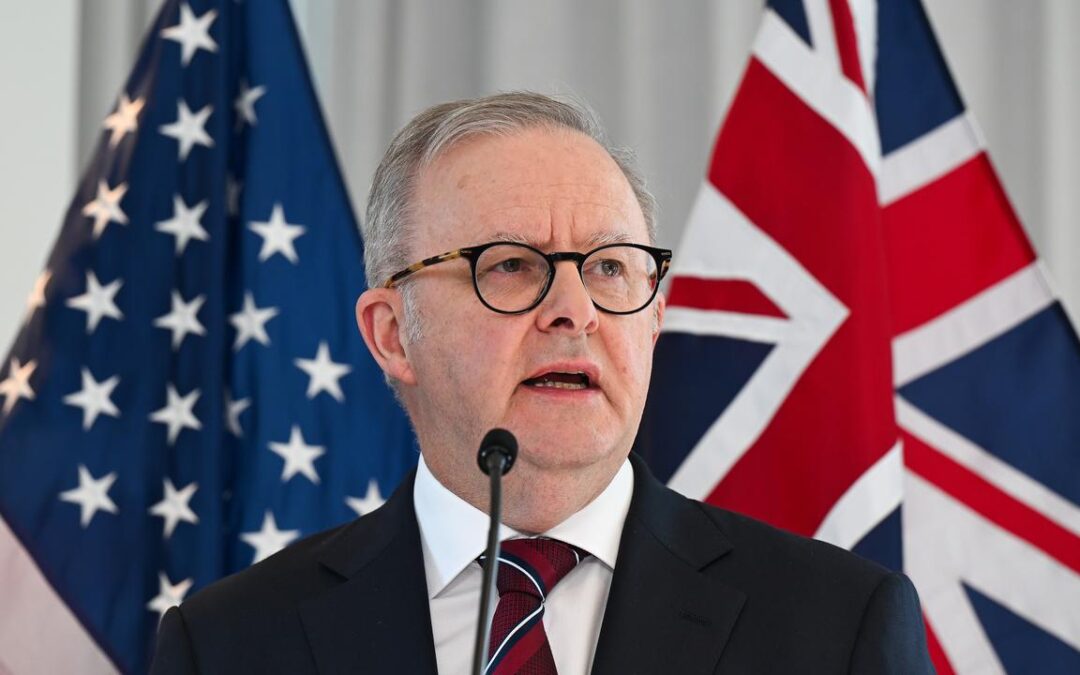
US tariff mercy ‘vindicates’ Australian trade diplomacy
Donald Trump has resisted pressure to increase tariffs on Australian goods in a “vindication” of the federal government’s diplomatic efforts, the trade minister says.
While many new tariffs unveiled by the US president increase levies on products from America’s trading partners, most Australian exports have been spared but will continue to incur a 10 per cent baseline tariff.
Some in America had pushed Mr Trump to lift tariffs on Australian goods, but Trade Minister Don Farrell said the president resisted the calls.
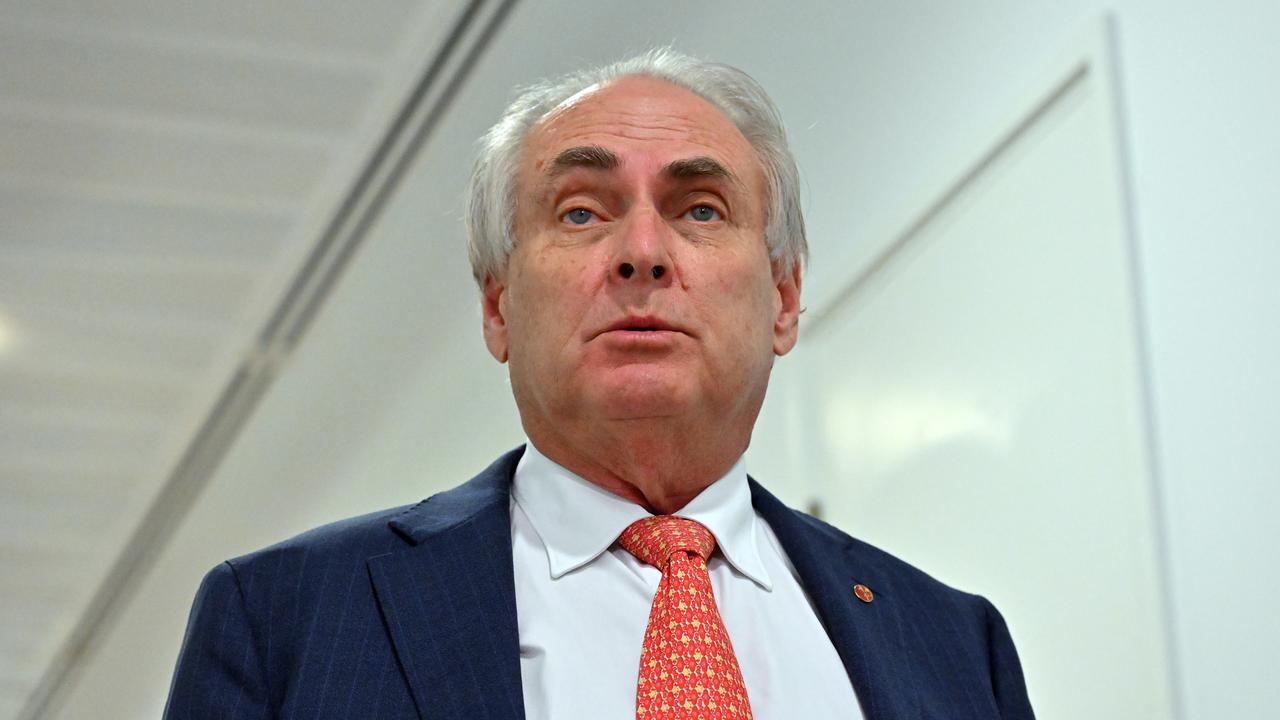
“There had been some pressure in the American system for an increase, but President Trump had decided to maintain that 10 per cent,” he told reporters in Adelaide on Friday.
“This is a vindication for the Albanese government and particularly the prime minister, in the cool and calm way that we have conducted diplomacy with the United States.
“This decision by the United States government is a very positive one for our relationship.”
There had been speculation that Australian goods would be hit with a higher levy, given Prime Minister Anthony Albanese has so far failed to secure a face-to-face meeting with the president and after Mr Trump on Tuesday said he was planning a new tariff “for the world” in the 15-20 per cent range.
Australia will keep pushing for a full exemption from the US tariffs, with Senator Farrell inviting US Commerce Secretary Howard Lutnick to continue discussions.
But it’s unclear if the government will be successful.
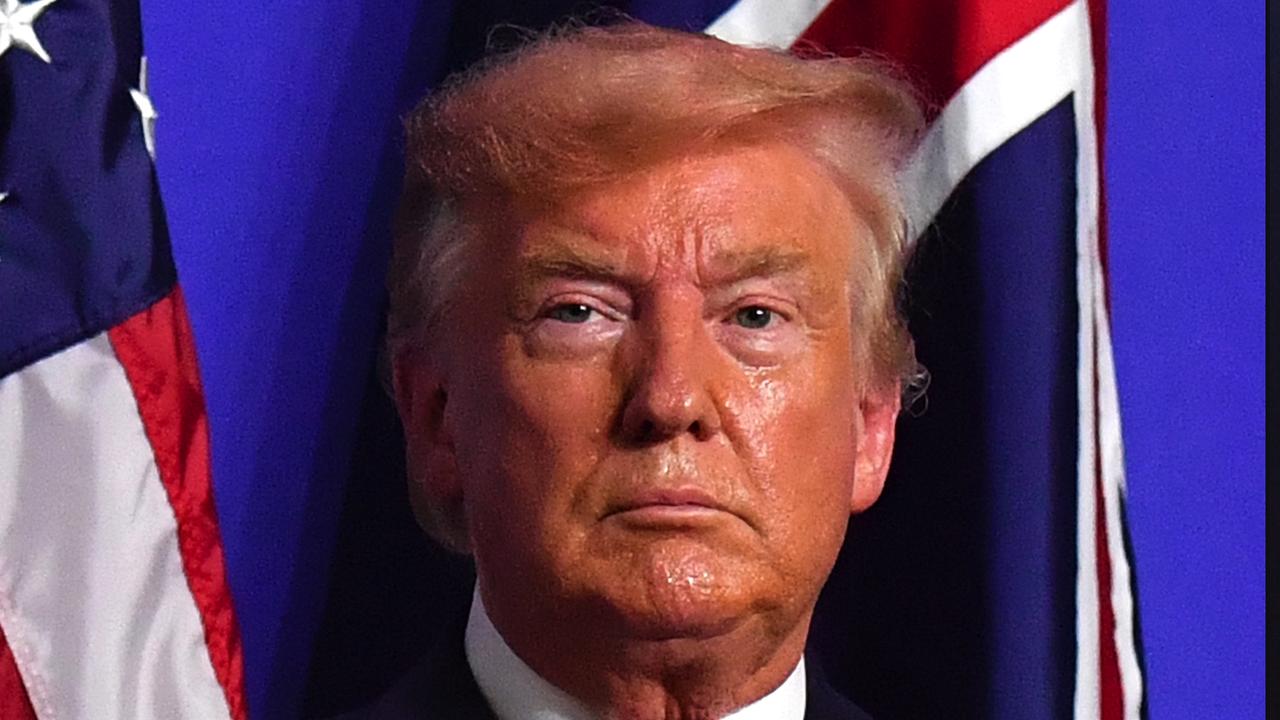
No US trading partner has managed to totally dodge the tariffs, and the 10 per cent rate is the lowest most can hope for.
“I’m hopeful that this is the end of the matter now, and that the American government maintains that 10 per cent, and that our producers, our winemakers, can get back to a normal relationship with the United States where we don’t have to worry about changes in tariff rates,” Senator Farrell said.
The Trump administration has released details of country-specific tariff rates for dozens of nations, hours before the passing of its self-imposed August 1 deadline.
New Zealand goods will be subject to a greater 15 per cent tariff, as will exports from Fiji and Papua New Guinea.
More punitive rates have been imposed on products from several major US trading partners including Canada and India, with the new tariffs due to come into effect on August 7.
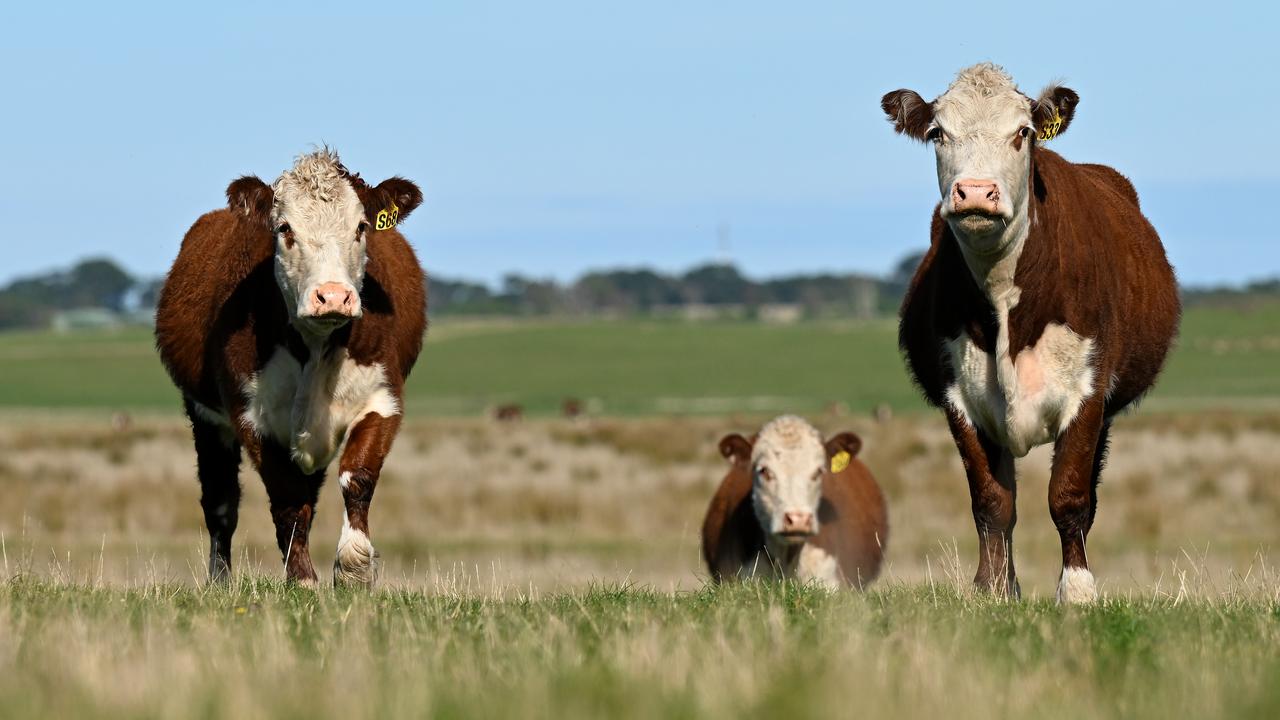
In a statement, the White House said tariffs were increased on countries that failed to engage in negotiations with the US or take adequate steps to “align sufficiently on economic and national security matters”.
The Albanese government recently wound back biosecurity restrictions on US beef imports, although ministers insist the move was a coincidence and not in response to the tariffs.
The US has complained to Australia about non-tariff trade barriers including longstanding restrictions on beef following a prior outbreak of mad cow disease, and the federal government’s decision to lift restrictions on US beef imports was hailed as a victory by Mr Trump.
The US president has struck trade agreements with major partners such as Japan and the European Union after threatening them with punitive tariffs.
Australia has yet to sign a formal trade deal with the US following the introduction of the tariffs.
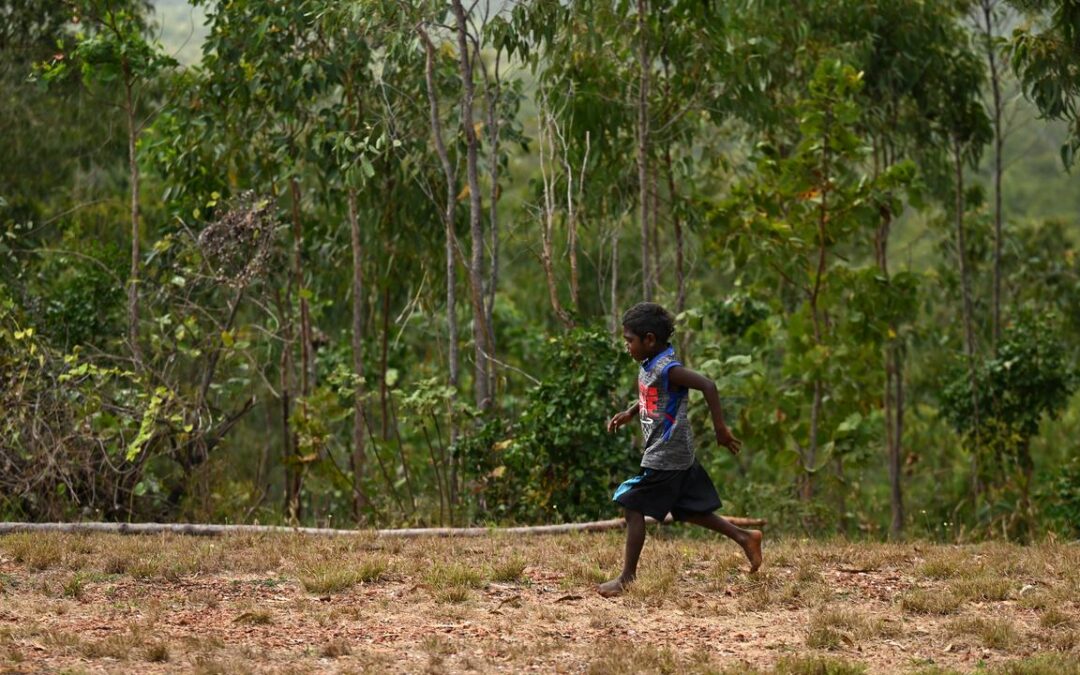
Vision for a new generation as major festival starts
The next generation have taken centre stage at a major cultural festival, with local students displaying their achievements and a vision for the future shared.
Gumatj Corporation operations manager, Michael Yunupingu outlined his aims for the region’s Yolngu people during his remarks at the annual Garma Festival in northeast Arnhem Land.
“My vision is to see a place that provides all-round support for Yolngu, in employment, education, health and wellbeing, and cultural laws,” Mr Yunupingu, who is the grandson of the late Gumatj leader Dr Galarrwuy Yunupingu, said.
“Our next generation of leaders must step up now and carry on the legacy into a world that is transitioning into a new future, a new era.”
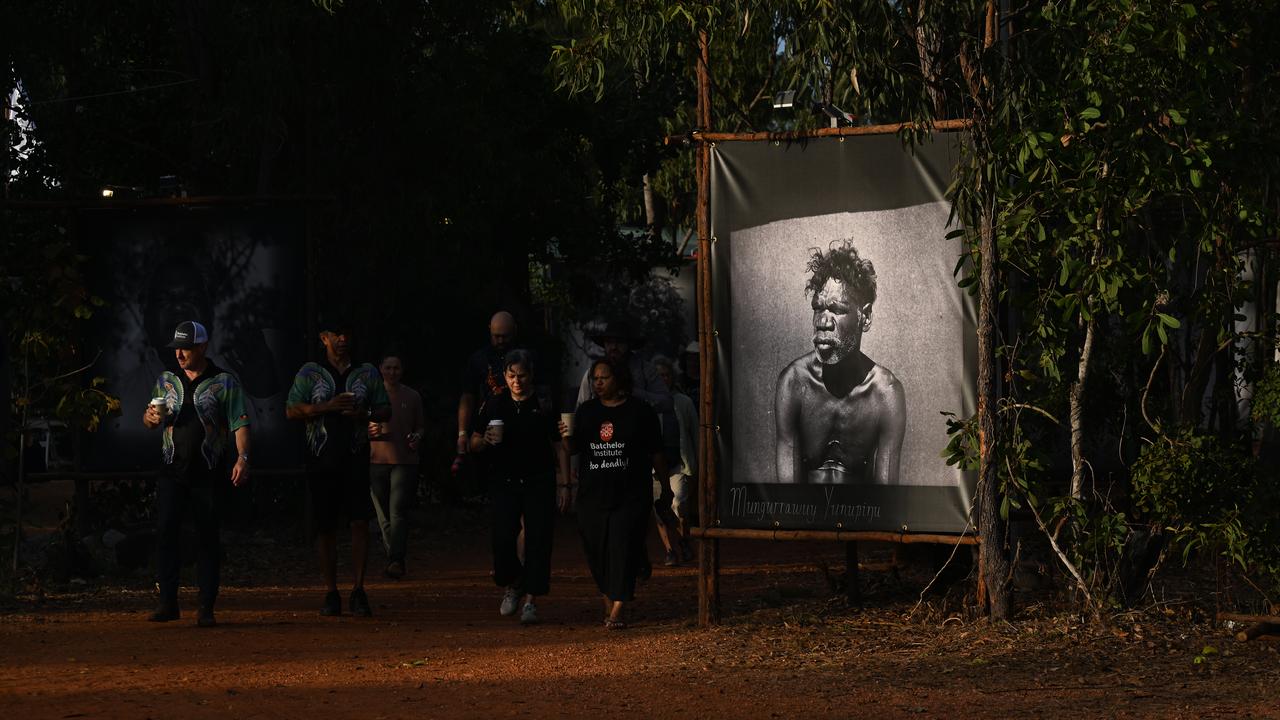
Students and teachers from Dhupuma Barker School, Yirrkala School, and Laynhapuy Homelands School spoke about their students’ achievements, the importance of learning on Country and being informed by both cultural and western education models.
Dhupuma Barker students also treated the audience to a song.
The presentations formed part of the festival’s education forum, billed as an important discussion for Yolngu people each year.
Mr Yunupingu said while his vision for the future is focused on the next generation, it must “stand like a rock against time”, and cannot be achieved without acknowledging and remembering those who came before.
“We carry a clear vision for our future and lands, one that remains with us for generations even as others move on,” he said.
Garma Festival is marking 25 years in 2025, and the theme, “rom ga waŋa wataŋu”, or “the law of the land, standing firm”, pays homage to those who started the event.
“This year is a real acknowledgement and a proper nod to the Yunupingu brothers who had some pretty large ideas for the Garma Festival,” Yothu Yindi Foundation chief executive Denise Bowden told AAP.
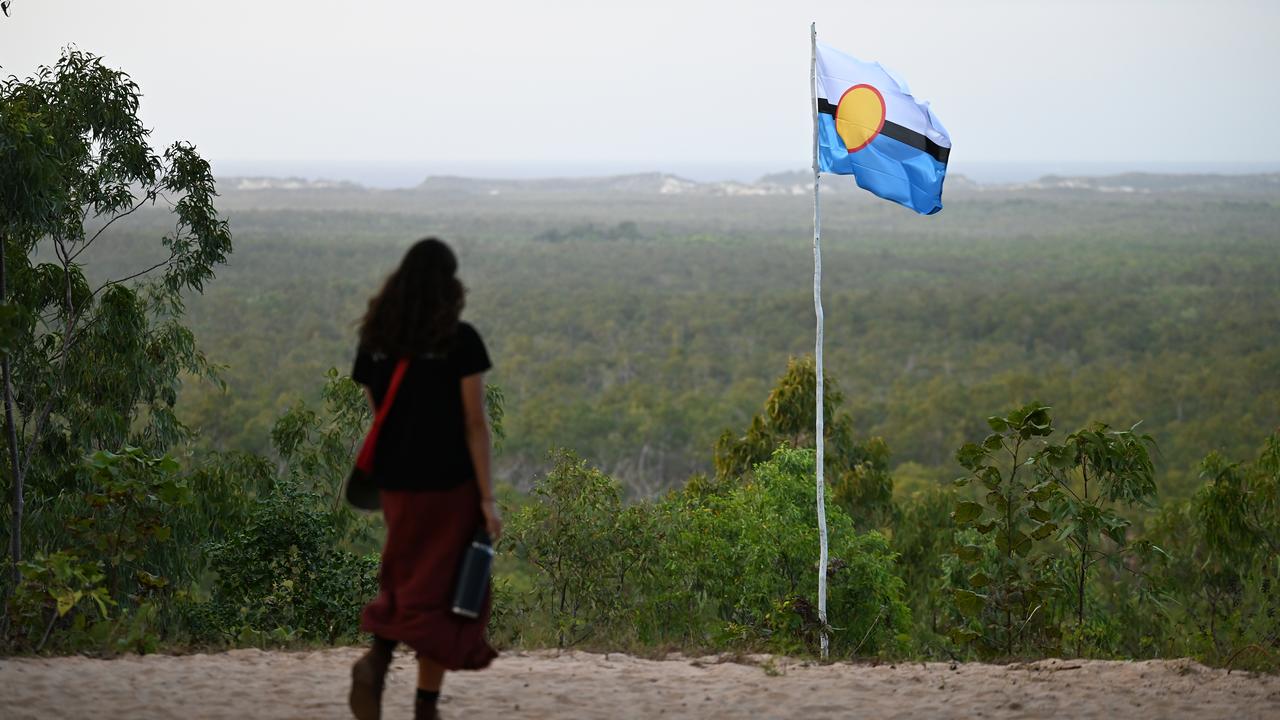
“Many of us had some catching up to do when we realised what they had created because now it’s a nationally iconic event attracting 3500 people each year to a very remote location.”
Ms Bowden said the 2025 Garma theme reflects the Yolngu fight for empowerment and land rights.
The most recent example of this fight was in March, when the High Court upheld a Federal Court decision that found the Gumatj clan’s Country in northeast Arnhem Land was not acquired “on just terms” before being leased to the Swiss-Australian mining consortium Nabalco in 1968.
“A lot of cultural elements and deeply ingrained beliefs of culture still exist here,” Ms Bowden said.
“You hear it in the language, you hear it in the songs, you hear it in the dance and the law of the land.”